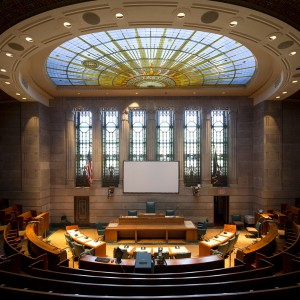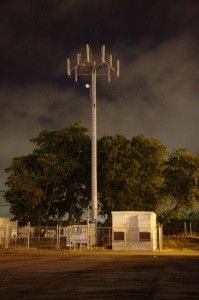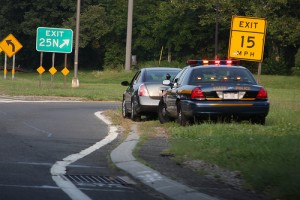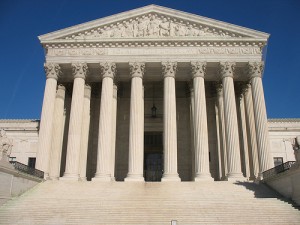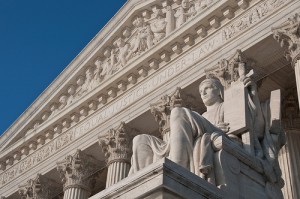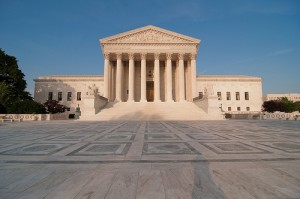Roadmap for Constitutional Prayer at City Council Meetings
Posted
06 May 2014 in Commentary
Justice Kennedy is better known for his rhetorical flair than his practical guidance.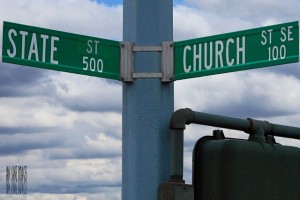 But his majority opinion in Town of Greece v. Galloway provides a roadmap local governments can follow to stay out of trouble when beginning city council meetings with a prayer.
Town of Greece resolves two issues: whether prayers must be nonsectarian and whether prayers before city council meetings are coercive.
The Court concludes that sectarian prayers that overtly refer to a specific faith are okay—to a point. Sectarian prayers can go too far
But his majority opinion in Town of Greece v. Galloway provides a roadmap local governments can follow to stay out of trouble when beginning city council meetings with a prayer.
Town of Greece resolves two issues: whether prayers must be nonsectarian and whether prayers before city council meetings are coercive.
The Court concludes that sectarian prayers that overtly refer to a specific faith are okay—to a point. Sectarian prayers can go too far




